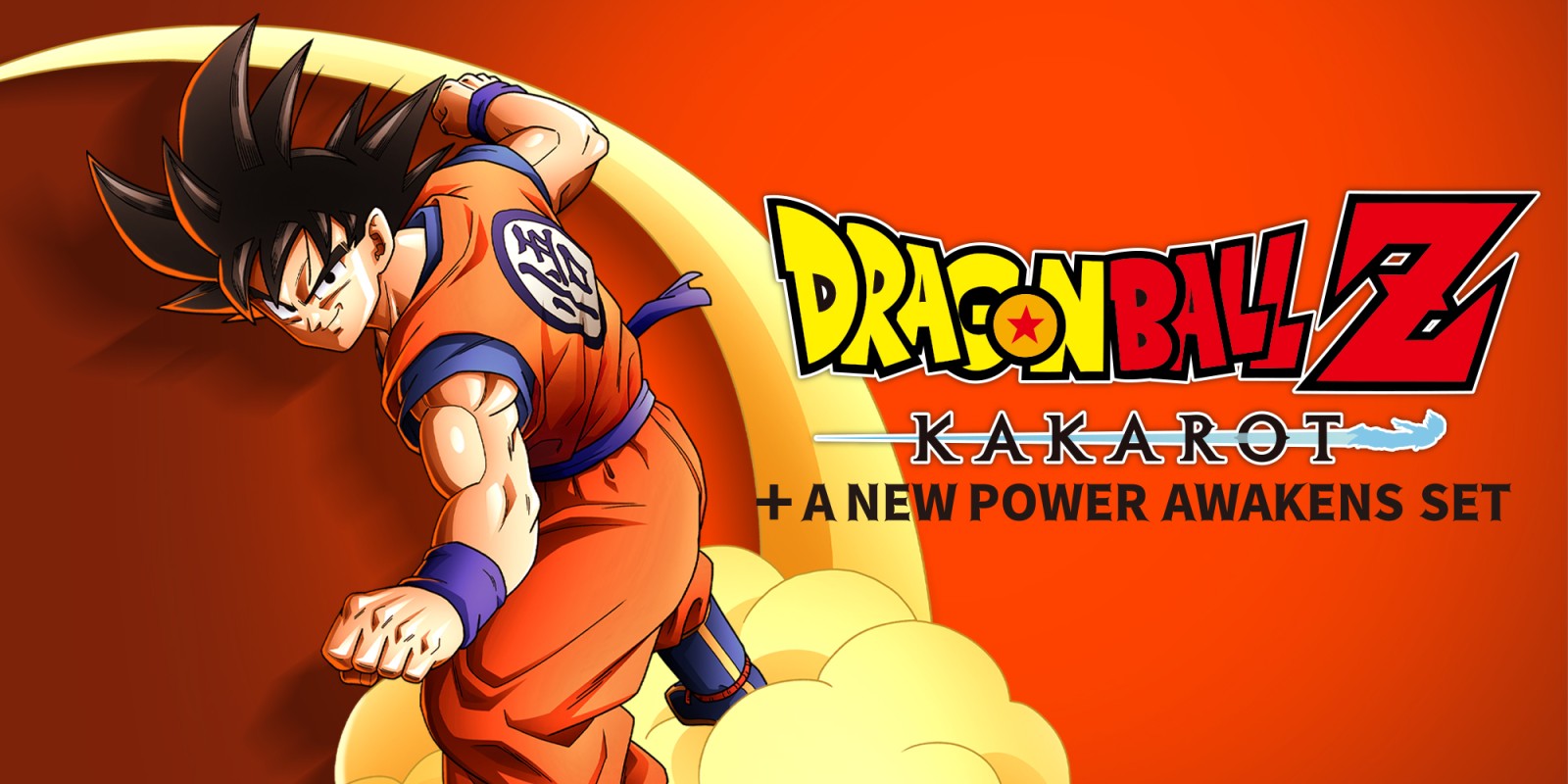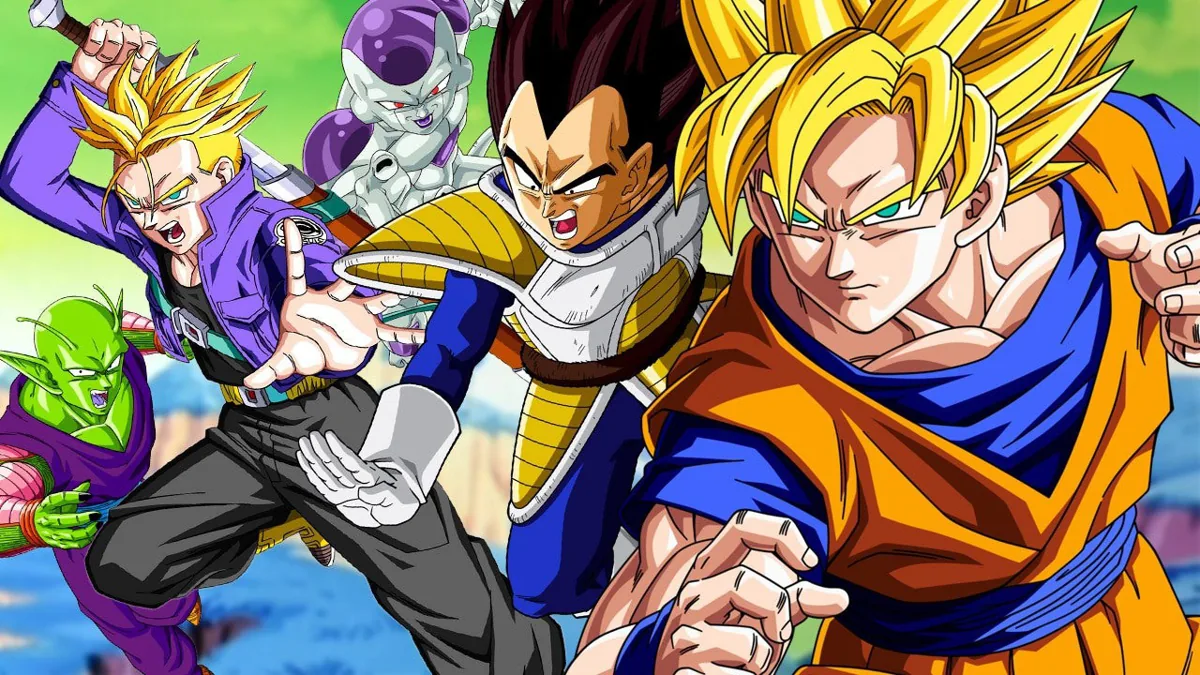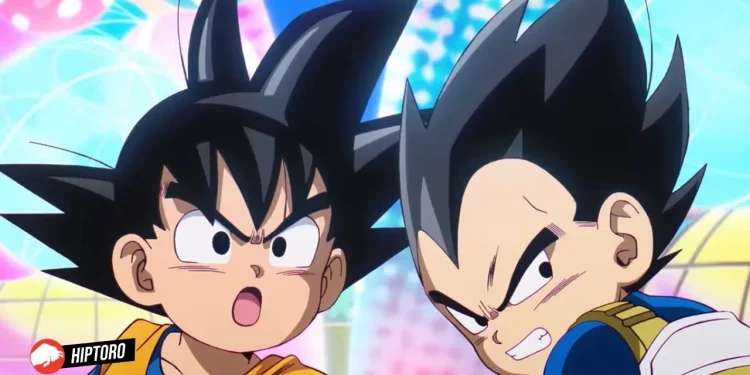The Dragon Ball franchise, with its high-flying action and ever-expanding universe, has been a cornerstone of anime culture for decades. Yet, in a surprising twist, the announcement of ‘Dragon Ball Daima’ has left a rift in its fandom, sparking debates and disappointments that resonate beyond the screen. It’s not just about the anime; it’s about the essence of the franchise and how it intertwines with its gaming counterpart.

The Core of the Controversy
At the heart of the discontent is a decision that echoes through the realms of anime and gaming alike. Fans have long awaited the sequel season of “Dragon Ball Super,” eager to see their favorite manga arcs come to life in animated glory. Instead, Toei Animation diverted its course, choosing to invest in ‘Dragon Ball Daima‘ — an anime with a storyline original to the series. This pivot has inadvertently placed a hold on the incorporation of beloved characters from the manga into the franchise’s popular games, leaving fans to wrestle with the ghosts of what could have been.
The Manga to Gaming Pipeline: A Delayed Dream
“Akira Toriyama and Toyotarou’s DBS manga series has already serialized three arcs, namely the Galactic Patrol Prisoner Saga, Granolah the Survivor Saga, and Super Hero Saga,” states the source of the frustration. With only the Super Hero Saga translated into animated format, the delay has become palpable. Characters like Moro and Granolah, whose stories are told within the pages of the manga, remain absent from the virtual arenas where fans long to engage with them. The implications are clear — without animation, there is no game presence.
V Jump January 2024 Cover & Dragon Ball Super Volume 22 Cover! pic.twitter.com/QtgtKatbt0
— Hype (@DbsHype) November 8, 2023
The Fans’ Response: A Spectrum of Emotions
Screenshots of fan reactions reveal a community divided. While some hold onto hope for the unique characters ‘Dragon Ball Daima’ might introduce, others express a desire to see the Galactic Patrol Prisoner Saga and Granolah the Survivor Saga adapted for television. This split sentiment encapsulates the crux of the issue: the desire for new content versus the respect for established narratives.
Among the conversations, speculations about potential abilities for game characters like Vegeta Ultra Ego surface, reflecting fans’ engagement with the franchise’s lore. This engagement, however, is tinged with a sense of resignation, a belief that the anime adaptations they crave may never materialize unless there is a shift in consumption patterns — a tall order for a franchise thriving on its current offerings.
The Gaming Grievance: A Call for Change

Repetition is another thorn in the side of fans, with many calling out the regurgitated storylines in Dragon Ball games. The plea for starting narratives from the “Super” storyline instead of the worn-out Raditz conflict from “Dragon Ball Z” is loud and clear. It’s a call for innovation, for a new chapter that honors the evolution of the series.
A Franchise at a Crossroads
As the dust settles on these revelations, the question remains: will the franchise pivot to meet the expectations of its loyal fanbase, or will ‘Dragon Ball Daima‘ mark a new direction for the beloved series? Only time will tell, but one thing is certain — the Dragon Ball community is as passionate as it is vocal, and its members’ fervor will continue to shape the series’ legacy.










